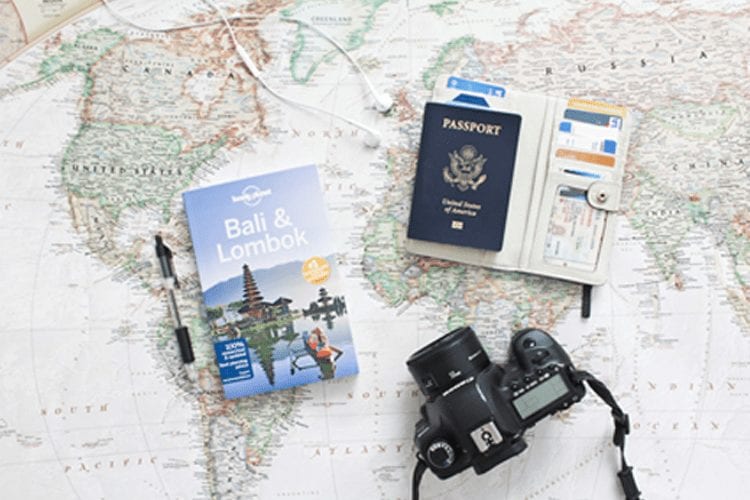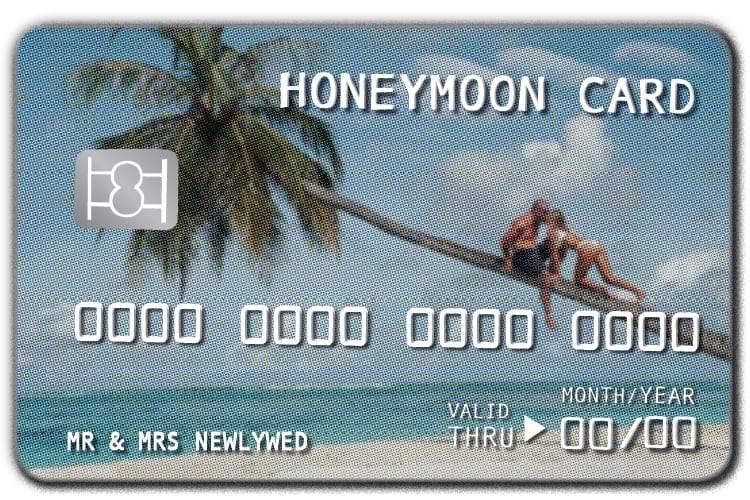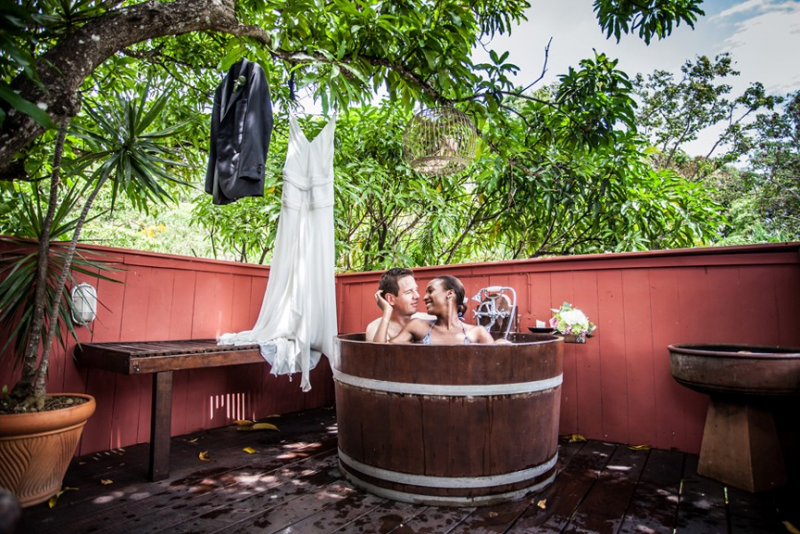
What Is a Solomoon?
When the word “solomoon” first appeared in the media earlier this year, it was positioned as a big trend in honeymoon travel. The New York Times celebrated the possibility of separate honeymoons for each spouse.
But readers, like Sarah Baker of Macon, GA, didn’t buy it: “A honeymoon taken without your new spouse does not a ‘unimoon’ make… Should you take a post-wedding trip alone you’ve simply taken a solo vacation.” And she wasn’t the only naysayer, either: Travel & Leisure lampooned it for being an unnecessary rebranding of the humble vacation.
Self magazine, on the other hand, published an article applauding the pre-wedding solomoon as a last hurrah of individuality as a single person. Fox News and the New York Post came out swinging in disapproval, declaring the trend an invention of “self-obsessed millennials.” In a more public sphere, “#solomoon” on Instagram tends to be used in conjunction with #solotravel, further muddying the definition.
The Post-Wedding Solomoon
The Times’ sunny reading of the solomoon as a honeymoon alternative topples one’s idea of the purpose of the post-wedding vacation: They fancy it simply a way to decompress from the stress and turmoil of planning a wedding and reception. But if you think that’s the sole purpose of a honeymoon, and you and your partner de-stress so differently that you can’t imagine going on the same vacation together, then maybe a solomoon would be a good option….
But come on. We’ve been telling you for a long time that your honeymoon should offer a lot more than stress relief — it’s your first jaunt as a married pair, it’s your first chance to make memories post-wedding. You plan a luxurious, relaxing getaway to ensure that your first experiences as wedded partners will be positive. The idea that a solomoon is the best option for fervently independent couples is erroneous; you have all of the foreseeable future to live your lives autonomously. Your level of codependence is your choice, as much as it may feel like the second you’re married you lose your individuality.
Reactions to The New York Times article were skewed but largely skeptical of the newly coined term, and of people who choose to engage with it. Reader Lisa Streitfeld posited, “The unasked question is like the elephant in the room. Why did these individuated unimooners bother to get married?” Post-wedding travel on your own is basically just a vacation. Get over yourself, say the commenters. Consider why you can’t or won’t compromise.
The Pre-Wedding Solomoon
Despite the Post’s mockery of the concept, there’s some truth to the idea that marriage will change your life-as-an-individual dramatically. For Annie Daly in Self — who was single for so long and who “got so good at being a third wheel that [her] cousin actually nicknamed [her] Wheels” — the solomoon was a more formal way to say goodbye to the single life she’d grown to love. This makes more sense: who wouldn’t enjoy a chance to center oneself before a major life change?
In that sense, it sounds like a viable alternative to the bachelor (or bachelorette) party. Cheaper, personalized in a different way, with less pressure to be social — it seems ideal for more introverted, independent folks. However, the solomoon doesn’t have to go solo as pre-wedding celebrations go. Daly went on her solomoon, and her friends threw her a bachelorette party anyway — so they got to give her single self a sendoff as well.
Ultimately, if you can swing both a pre-wedding solomoon and a bachelor party (in whatever order and whatever locales you see fit), you can be sure you won’t miss much of unmarried life. And you have the rest of your life to take a solo vacation.






















